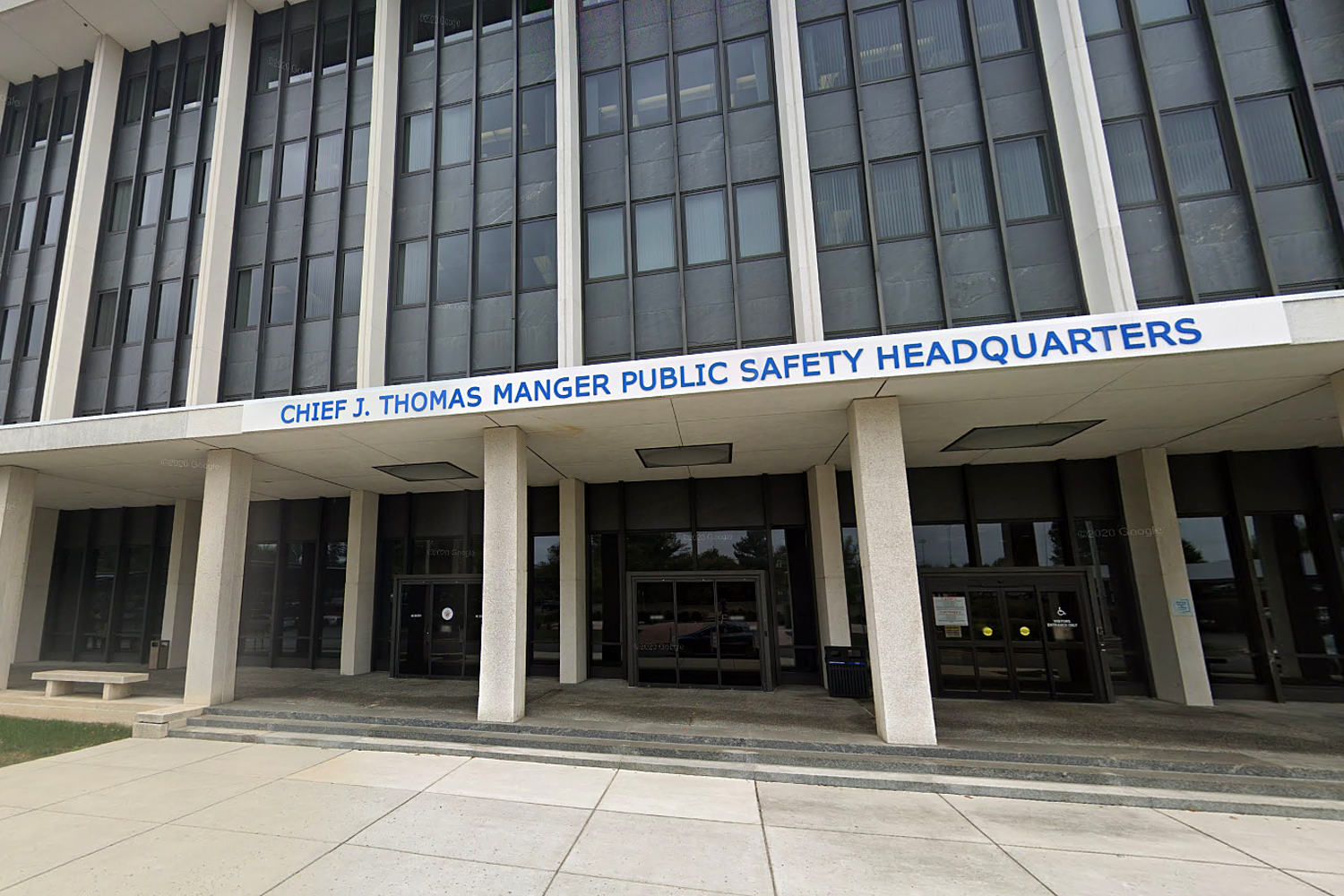
A man remained in jail Thursday after federal authorities arrested him in connection with the 2001 Maryland cold case death of a former girlfriend’s mother.
A U.S. marshals task force arrested Eugene Teodor Gligor, 44, in neighboring Washington, D.C., on Saturday based on a warrant alleging he killed Leslie Preer.
In a statement this week, the Montgomery County Police Department said the man has been charged in their jurisdiction with first-degree murder.
It wasn’t clear if Gligor has retained legal counsel, and a spokesperson for the public defender’s office in Montgomery County said it was likely too early in the case to determine if it will represent him. A woman listed online as a possible relative of Gligor’s did not respond to a voicemail seeking comment.
The suspect was being held by the Washington, D.C., Department of Corrections on Thursday, according to its inmate information. The Montgomery County Police Department said in its statement that it requested he remain in custody in the district pending extradition to Maryland.
Preer’s murder shocked a region that includes well-to-do communities such as Chevy Chase and Bethesda. Preer was reported dead just before noon on May 2, 2001, at her Chevy Chase area home after her employer called her husband to say she failed to report to work that day, police said.
Her employer and her husband went to the family’s residence to check on her, found her body, and called police, authorities said in a previous statement.
Preer’s body had apparent trauma, police said, but the exact way she was killed has not been shared so it could be used in court should anyone be tried.
Police Chief Marcus Jones told NBC Washington the attack was felt far and wide in his county. “There were a lot of people on edge,” he said.
In 2022, the Montgomery department announced that cold case detectives would take over the two-decade-old investigation with fresh eyes.
Jones told NBC Washington that DNA from the scene of Preer’s homicide at first only indicated the killer may be male. But the technology used to extract and identify DNA has become more exacting in 20 years.
In recent years investigators have thawed cold cases by checking familial DNA databases for near matches with crime scene DNA. If they find such a near match, they can then use other clues and common sense to eliminate relations until they stop at one relative they believe fits their case.
In the case of Gligor, police said, investigators “collected” DNA evidence from the suspect but otherwise wouldn’t elaborate. A sample collected from him is a match for DNA left at the scene of the crime 23 years ago, police said.
Preer’s daughter did not immediately respond to a request for comment.
Jones said the motive was still being investigated. He said his detectives spent hours interviewing the suspect over the weekend, trying to determine why he allegedly attacked Preer.







